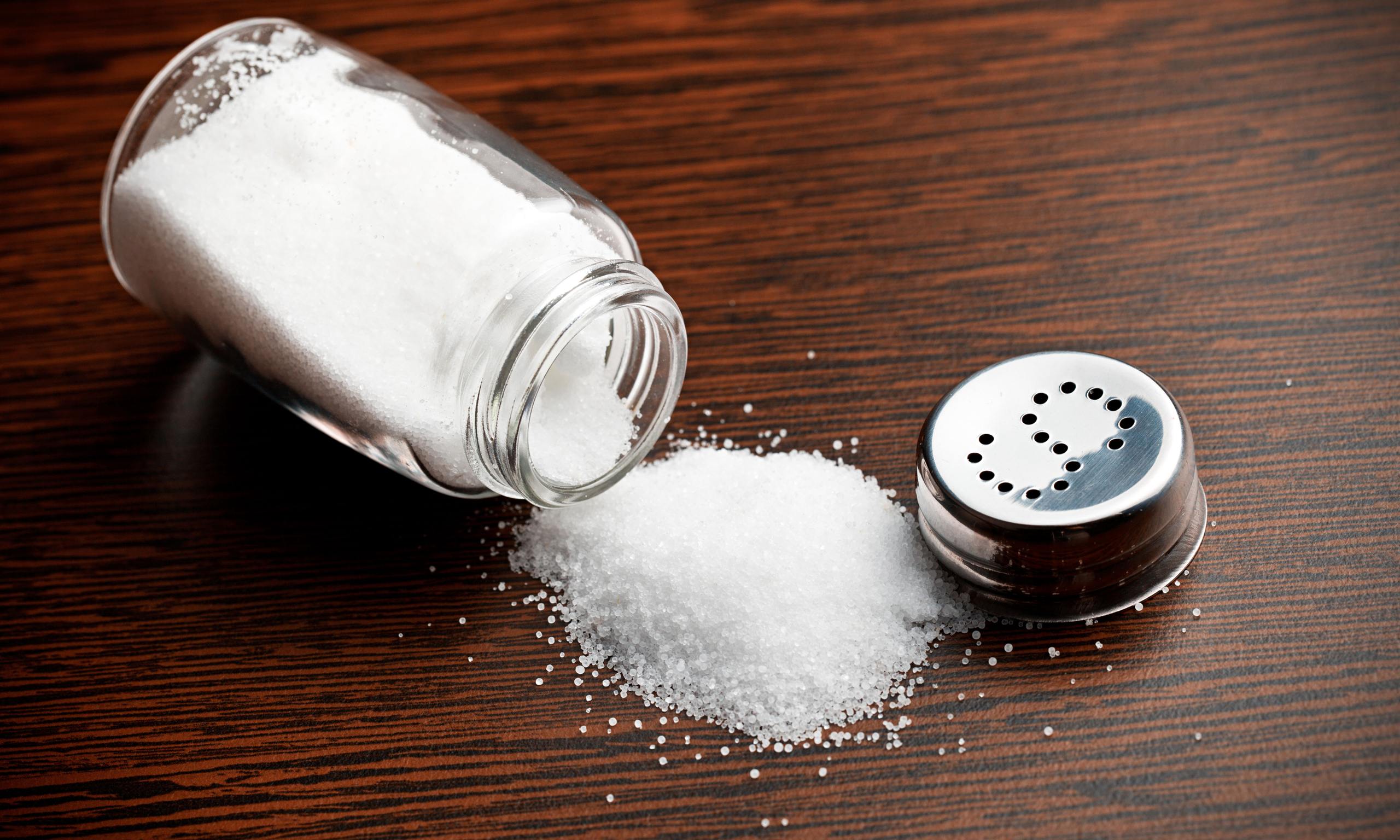HEALTH WATCH: Lives at stake in salt debate

By Michael Greger M.D. FACLM
FOR DECADES, a sometimes furious battle has raged among scientists over the extent to which elevated salt consumption contributes to death, with one camp calling it a “public health hazard that requires vigorous attack” and another claiming the risks of dietary salt excess are exaggerated, even to the point of calling sodium reduction “the largest delusion in the history of preventive medicine.”
The other side calls this denialism ethically irresponsible, especially when millions of lives are at stake every year.

To describe two sides of the debate may be falling into the trap of false equivalency, though. As the superhero-sounding “World Hypertension League” points out, there is strong scientific consensus that reducing salt saves lives, and—like the climate change debate—most authorities are on one side. On the other? Only the affected industry, their paid consultants, and a few dissenting scientists.
Nearly all government appointed bodies and nutrition experts who have considered the evidence have recommended we collectively cut our salt intake about in half—a reduction described as extreme by those defending the industry. After all, just a small fraction of Americans actually get their sodium intake that low. Therefore, the salt skeptics say, the human experience for very low levels of sodium consumption is “extremely sparse.”
Extremely sparse? The reality is the exact opposite. The human experience is living for millions of years without Cheetos or a salt shaker in sight. We evolved to be salt-conserving machines, and when we’re plunked down into snack food and KFC country, we develop high blood pressure. But in the few remaining populations that don’t eat salt and only consume the small amounts of sodium found in natural foods like we had for millions of years, our leading killer risk factor, hypertension, is practically non-existent. When you take people with out-of-control hypertension and bring them back down to the sodium levels we were designed to eat, the ravages of the disease can even be reversed So, why is there still a debate?
If salt hidden in food kills millions of people around the world, why are efforts to cut dietary salt being met with such fierce resistance? Salt is big business for the processed food and meat industry. So, according to the head of the World Health Organization’s Collaborating Center on Nutrition, we get the familiar story. Just like the tobacco industry spent decades trying to manufacture doubt and confuse the public, the salt industry does the same, but the controversy is fake.
The evidence for salt reduction is clear and consistent. Most of the “contradictory research” comes from scientists linked to the salt industry. However, it takes skill to spot the subterfuge because the industry is smart enough to stay behind the scenes, covertly paying for studies designed to downplay the risks. All they have to do is manufacture just enough doubt to keep the so-called controversy alive.
The likes of the World Hypertension League have been described as a “mere pop-gun against the weapons-grade firepower of salt-encrusted industries” who look disdainfully at the “do-gooder health associations…who erect roadblocks on the path to profits.” Lest we forget, notes an editorial in the Journal of the Canadian Medical Association, high blood pressure is big business for the drug industry, too, whose blood pressure billions might be threatened should we cut back on salt.
If we went sodium-free and eliminated the scourge of hypertension, not only would Big Pharma suffer, what about doctors? The number-one diagnosis adults see doctors with is high blood pressure, at nearly 40 million doctor visits a year in the US.





